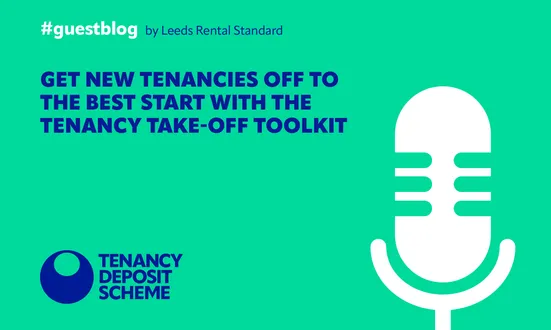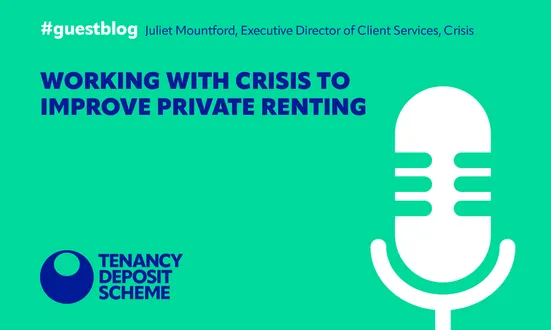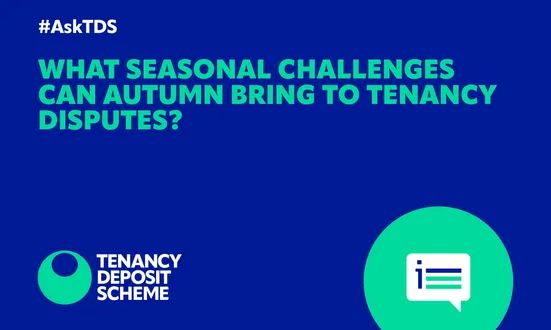“Share some tips on how agents can get landlords instantly” was a suggestion for a blog topic in this series… “Yes, no problem” [*searches for magic wand].
I wholeheartedly believe there are several proptech solutions that can help agents with this challenge. But in an era where we are not seeing an influx of buy-to-let properties being purchased, I think we also need to be improving our disruption processes.
As I mentioned in a previous blog, I highly recommend taking the time to look at and understand your landlord user journeys;from when they are looking to instruct an agent, through to the typical journey a landlord will take during a tenancy. Document this timeline to identify when a landlord is going to feel pain points. Why? Well, not only will it help improve your retention rate (as you can put measures in place to manage the pain points) but it will also give you a clear understanding of the key times to communicate with potential landlords.
Let me explain…
We know that the first month’s rent is always paid in advance of the tenant moving in. We also know that banks are notoriously bad at setting up standing orders and direct debits, so is this the first pain point in the journey? What could we do to eliminate this problem for our own landlords, and how do we communicate this benefit to other landlordsto win them over?
My suggestion is this; for your own landlords, your process might be that you communicate with the tenant leading up to the rent due date, checking the direct debit/standing order has been set up, and later, that payment has been received on the rent due date. If payment hasn’t been received, then you contact your landlord (before they contact you) and explain this is perfectly normal and all in hand.
Your call to a potential landlord might be, “Hi landlord, just a quick call to make sure your tenant has moved in ok and that everything is going to plan? It also occurred to me to check that the rent has been paid, as it’s not uncommon for banks to be late in actioning the standing order. Unless the agent jumps on the tenant immediately, sometimes it can go unnoticed for weeks. I’m sure your agent has similar processes in place as we do to make sure this doesn’t happen, but I thought I would make you aware so you can jump on it immediately”.
By doing this, you have not only kept up the communication with a potential landlord, but you’ve indirectly made them question their agent’s competence.
When do you do your first property inspection? My opinion is within the first 60 days in order to catch issues early on, but this also works wonders as part of your disruption campaign. Let me explain – at the end of month two, put in a call to landlords registered with other agents and check that the first property inspection was satisfactory (knowing that it’s unlikely to have been done yet). This will create an opportunity for you to explain that whilst most agents undertake quarterly inspections, it is good practice to complete the first one within sixty days of any new tenancy, as it will highlight any problems that could become bigger issues if left too long.
Examples would include:
- Condensation
- More tenants living in the property than agreed
- Obligations to maintain the grounds before they get out of hand.
Renewals
Most agents will contact their landlords ten to eight weeks before the end of a fixed-term tenancy. However, you could call three months prior (knowing that their own agents would be discussing renewal two months before the end date) and have the following conversation:
“Mr Landlord, Simon here from Kerfuffle Estates. I know your fixed term tenancy expires in three months, and whilst i’m sure your agent has already discussed rental value and the recommended increase, just as a comparable to give you peace of mind, I have just let xxx property at xxx a month.”
If the landlord mentions they haven’t had a call to discuss, you could continue with:
“I’m sure it’s on their list of things to do, but if you haven’t heard from your agent in the next week or so, I would be giving them a nudge.The last thing you want is to have unnecessary void periods because you only just find out your tenants are planning on vacating in a couple of weeks”.
We all know it’s tough to take a management contract from another agent mid-term, . still, by being helpful throughout the tenancy and highlighting what exceptional service looks like, you should be at the top of the list should the property become available.
So no magic wand for me I’m afraid, but get in touch with the Kerfuffle team and we can put you in touch with some suppliers who do.
What is Kerfuffle?
To put it simply, Kerfuffle helps agents discover new suppliers and we help suppliers discover new customers. We offer a simple search mechanism, detailed supplier profiles, authentic user reviews, and best in market deals to help kick-start great partnerships.
As a valued customer of TDS, we have organised a free trial of Kerfuffle’s Pro Membership, worth £599! Don’t wait, claim your exclusive VIP ticket TODAY!
Not using a TDS deposit protection scheme yet? Don’t worry. You can join the Custodial scheme for free in minutes. Join here
About the Author

Richard Durrant, Commercial and Strategic Director
Richard Durrant has worked in an estate agency for 24 years. Starting as an office junior in his mid-teens, Richard progressed up the ranks to Managing Director of a 12 branch estate agency, and also successfully set up and exited two smaller estate agency businesses. To complete his CV, Richard has also held Commercial Director roles in an online agency and a private equity firm.

About TDS
Tenancy Deposit Scheme (TDS) is the only not-for-profit, Government-approved scheme for the protection of tenancy deposits. TDS provides impartial adjudication for any disputes that may arise over the tenancy deposits that we protect.
Join TDS Custodial: Where TDS hold the deposit for the duration of the tenancy. Protect your deposits for FREE today here.
Or you can request a personalised demo to discuss how TDS Custodial could streamline your deposit protection process here.
TDS can only comment on the process for our scheme, other deposit protection schemes may have a different process/require different steps. Content is correct at the time of writing.
These views are those of the author alone and do not necessarily reflect the view of TDS, its officers and employees.

Other news stories


